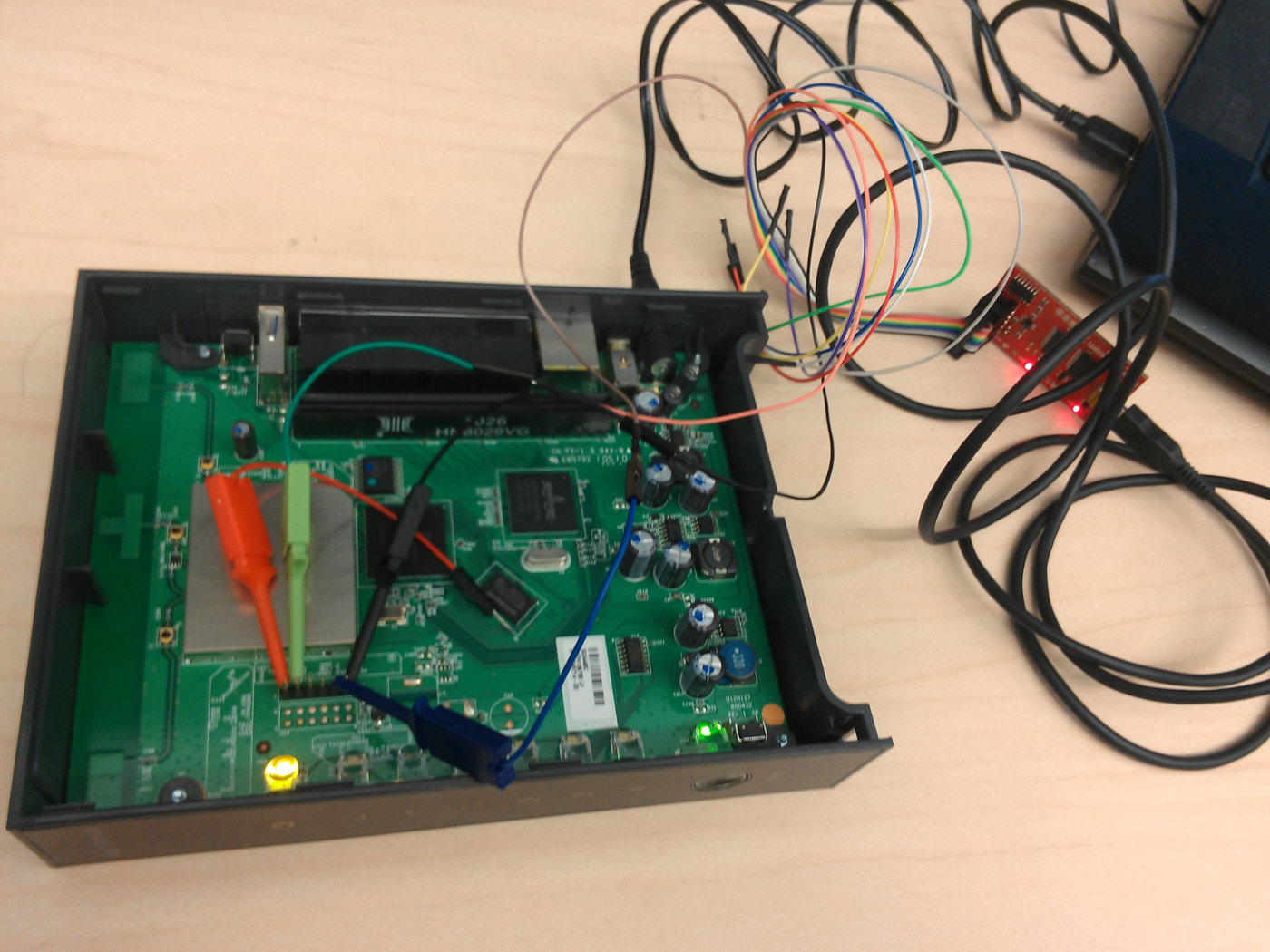I’ve been terrible about writing things up lately, but want to at least put my semester impressions on the head of the chain of such posts.
One of my overall experiences is that teaching (and also, taking classes outside my typical discipline) has made me much more talky in class.
CS541: Compiler Design/Finkel
It’s a core class in the CS program, but I’m taking it this semester because Dr. Finkel is teaching it, and his classes are always excellent. I believe this leaves only one compilers/programming languages class offered at UK I haven’t taken, and that one is in the math department and entirely not my thing. I’m just shy of qualified to teach this material, so there’s a slightly odd dynamic in which I wait before delivering answers, and Raphi is frequently imposing a cooldown on my responding in class anyway.
We’re building a compiler for a cleaned up, stripped down C-Like language in Java, basically following Crafting A Compiler. I’ve used an old version of Fischer LeBlanc as reference for compiler material and like it better than the others I’ve used, so I figure this should work out well. Thus far, I’m having more trouble getting myself back into the Java mindset (So OOP. Much Type System. Wow.) than with the Compilers material. High expectations based on experience.
CS621: Parallel and Distributed Computing/Zhang
It’s basically a class in MPI. I’m hopeful that having some nice assigned MPI projects to work on will be good for me. There are two problems though: first, I’m afraid it’s going to turn into a linear algebra class that just happens to take place on parallel supercomputers. Worse, the lectures are terrible. The organization is bad. The slide decks are bad. The Englishrish is bad. The quality of response to questions is bad. It may actually be worse than the terrible Differential Equations with Jar Jar Xin class I took as a freshman. However, it is of the form “CS6xx,” and the content is at least in principle something I want, so as long as the projects and grades turn out, I’m happy. Kind of pissed that the crap lecture overlaps the Friday CS BoF and associated conversation.
GS630: Instructional Technology/Rice
I’m having so much fun in here. It basically consists of a bunch of jaded grad students discussing instructional technology for college teaching, largely from experience, lead by a specialist in the area from CELT. Some of the discussions basically go like this. I’m afraid I’m becoming “that guy” in here because I talk disproportionately and occasionally convivially argue with or reference outside material to the instructor, but again, I’m having a ton of fun, and it counts toward my PFF certificate.
GS610: College Teaching Seminar/Worley
I typically don’t post up my beginning of semester impressions post until all my classes have met, but this one doesn’t start until well into February. At some level, I’m pleased that it’s a general college teaching course instead of a department-specific one, I have trouble imagining a full semester in-discipline teaching class that didn’t turn into a myopia reinforcement program. It should be fun, all the GS classes thus far have been.
I’m not teaching this semester, and hopefully will be getting to more research projects with the freed up time.



